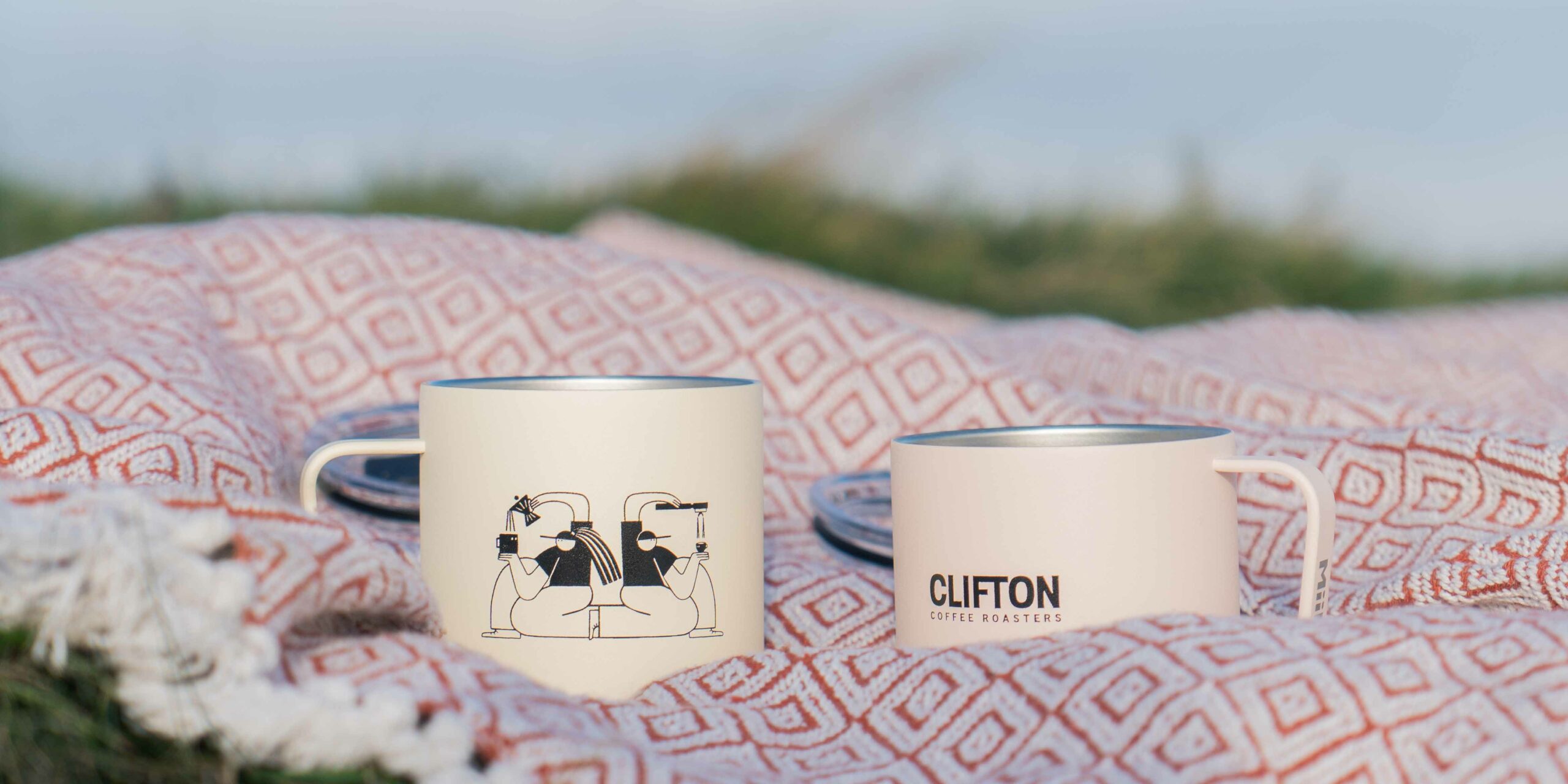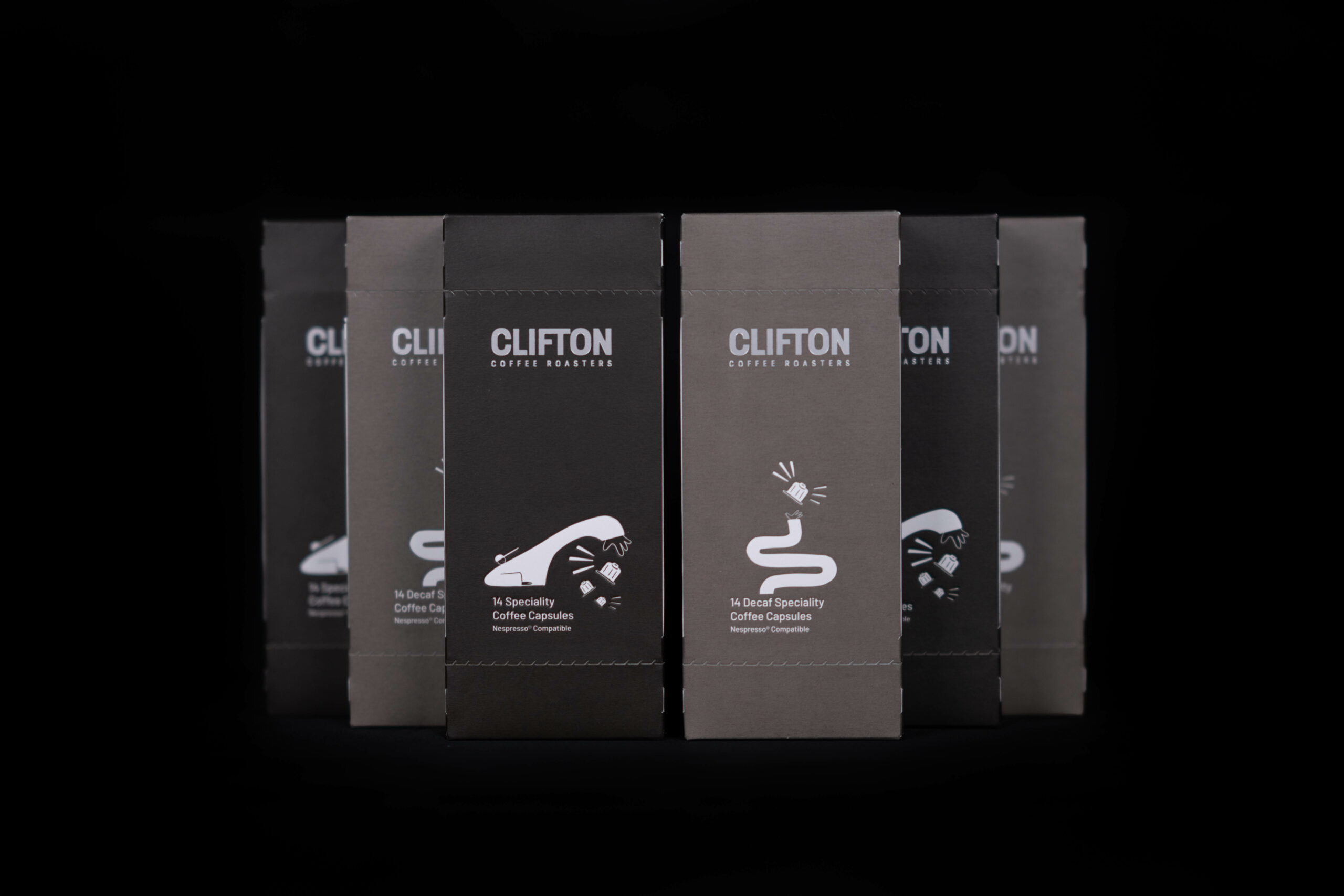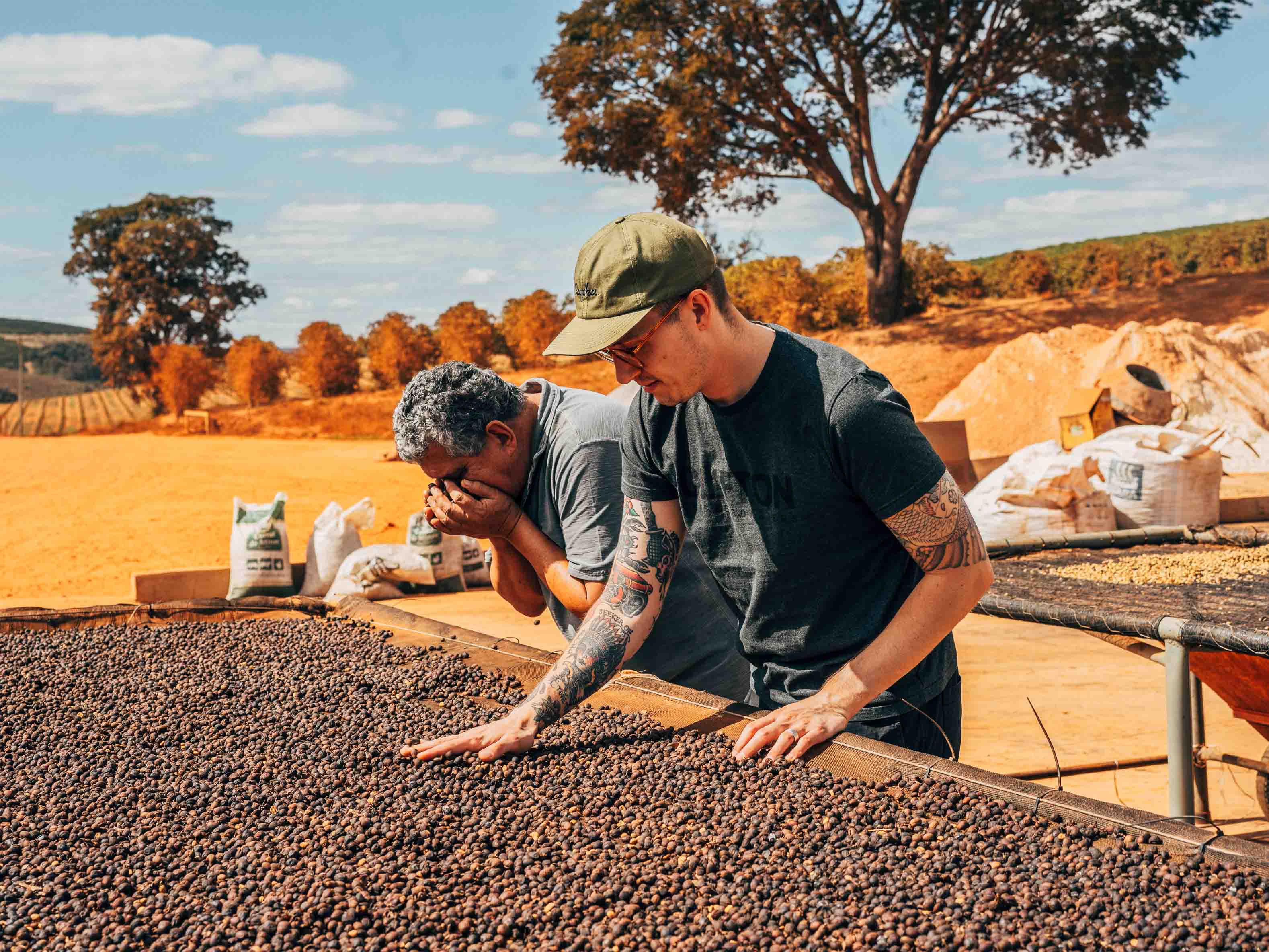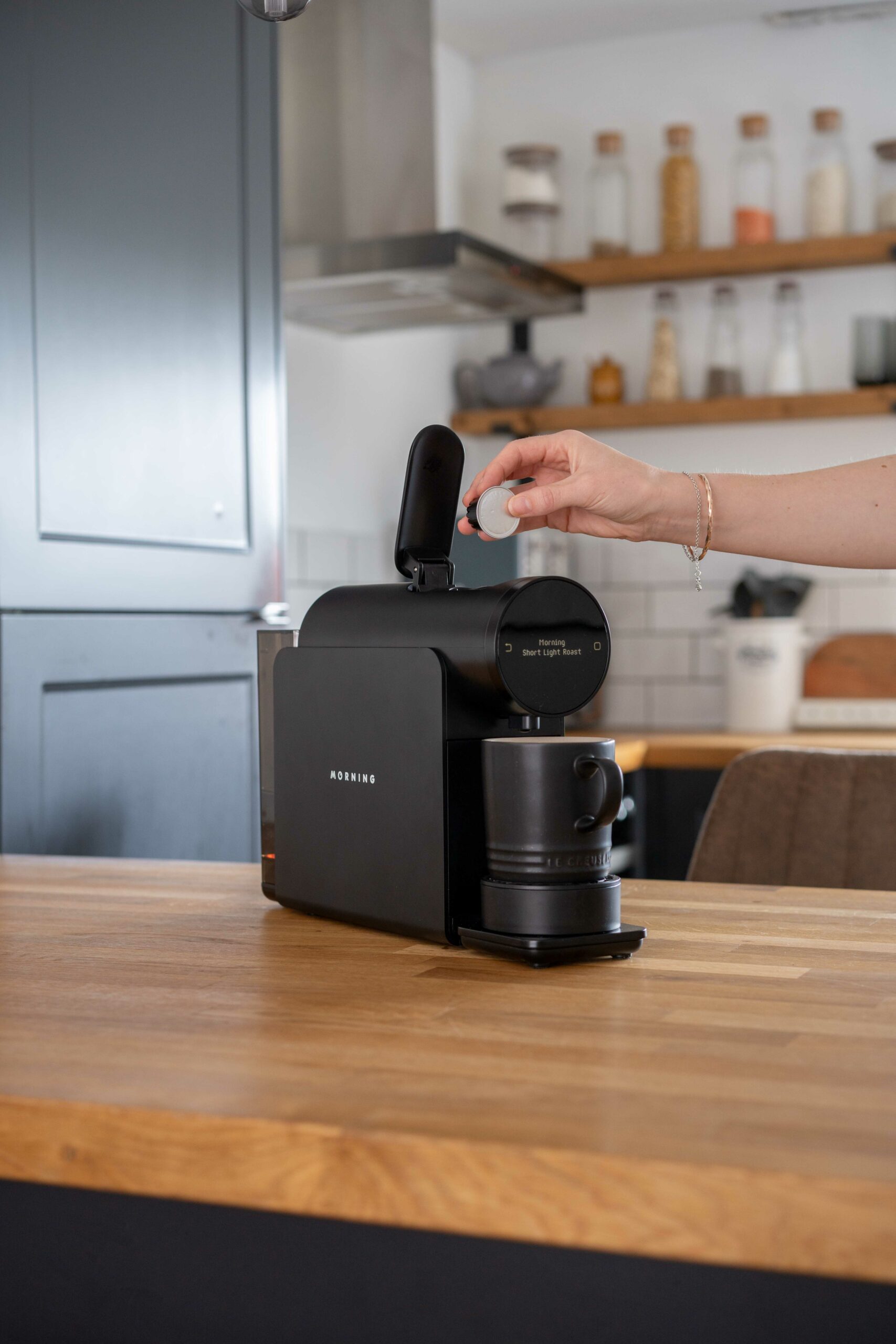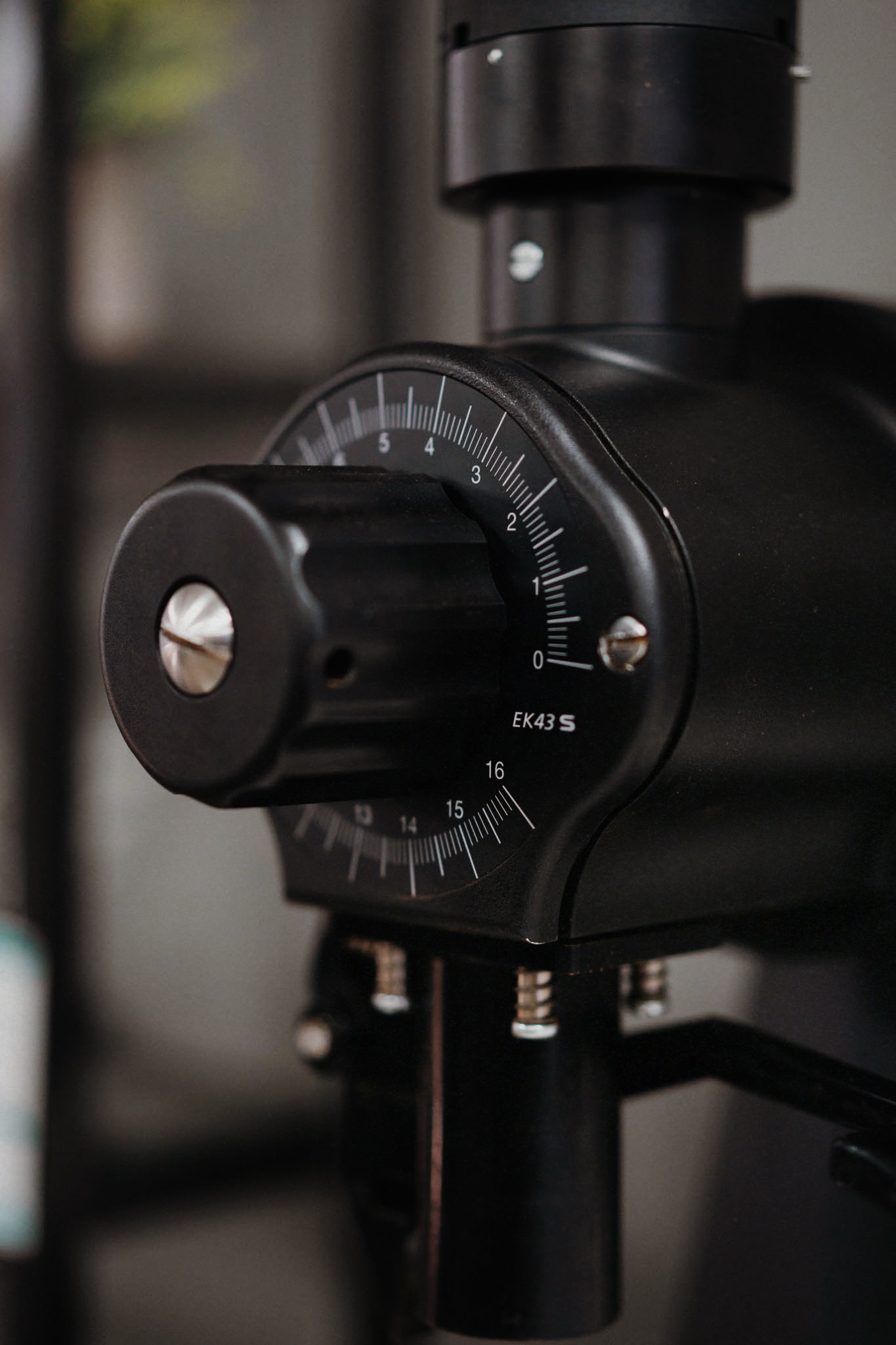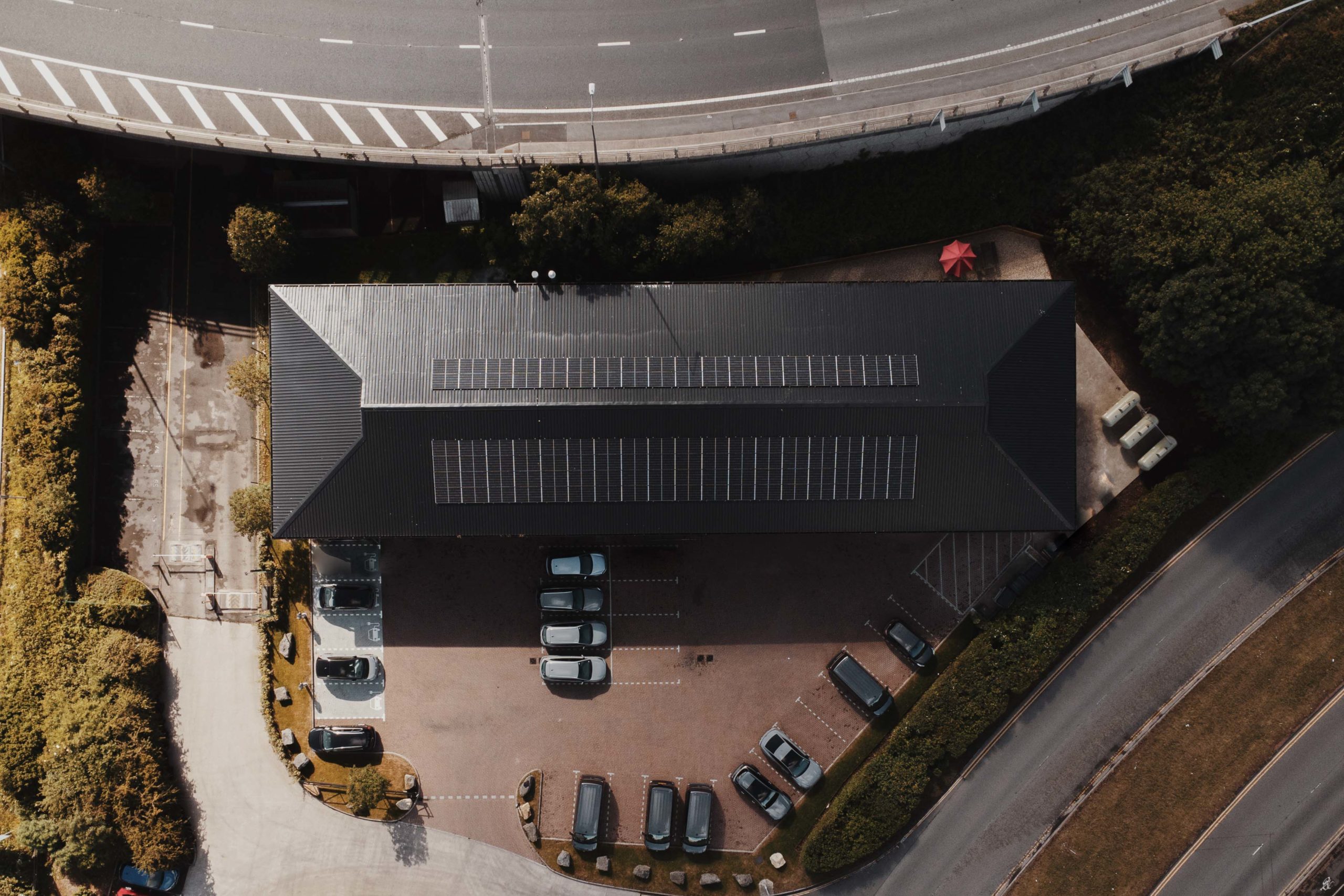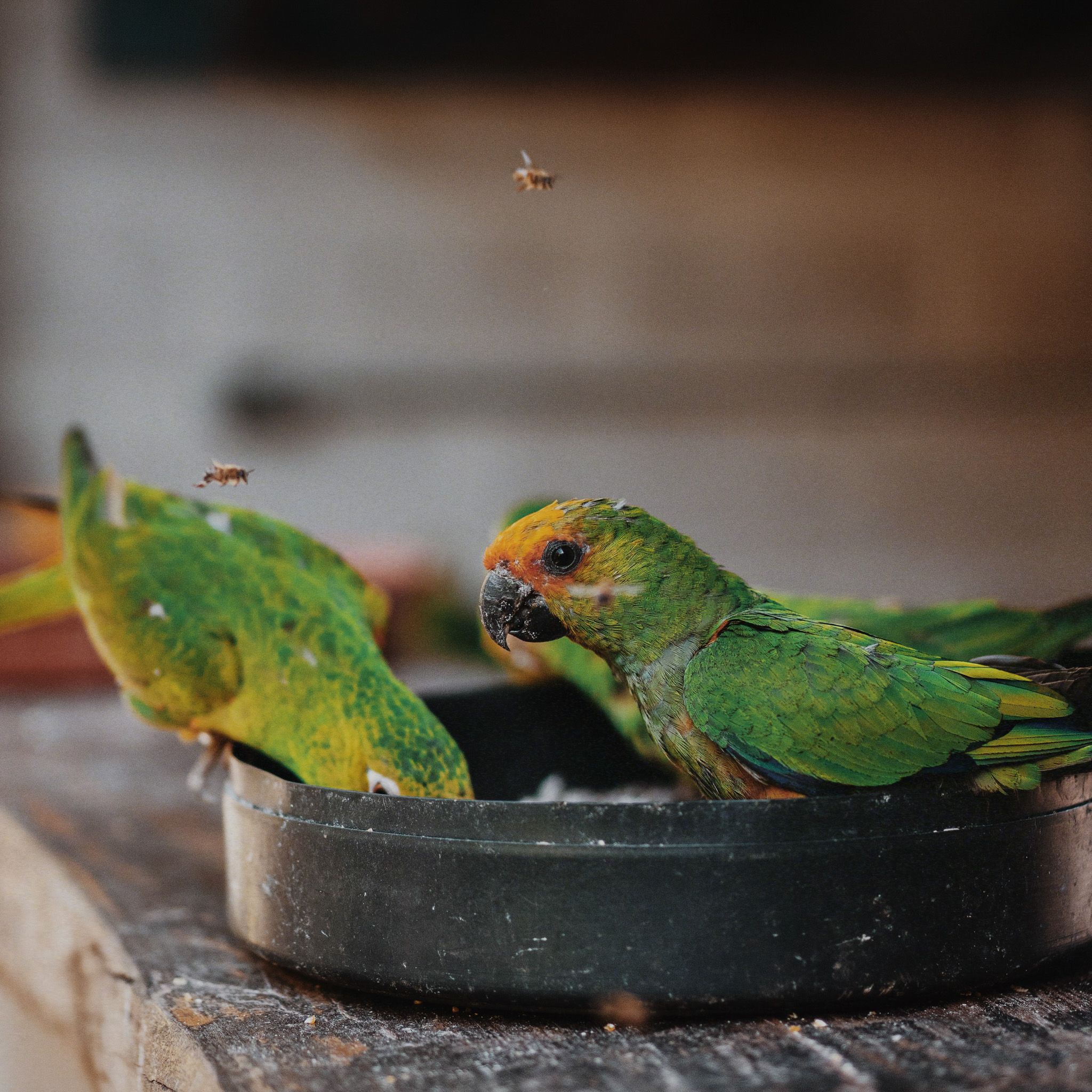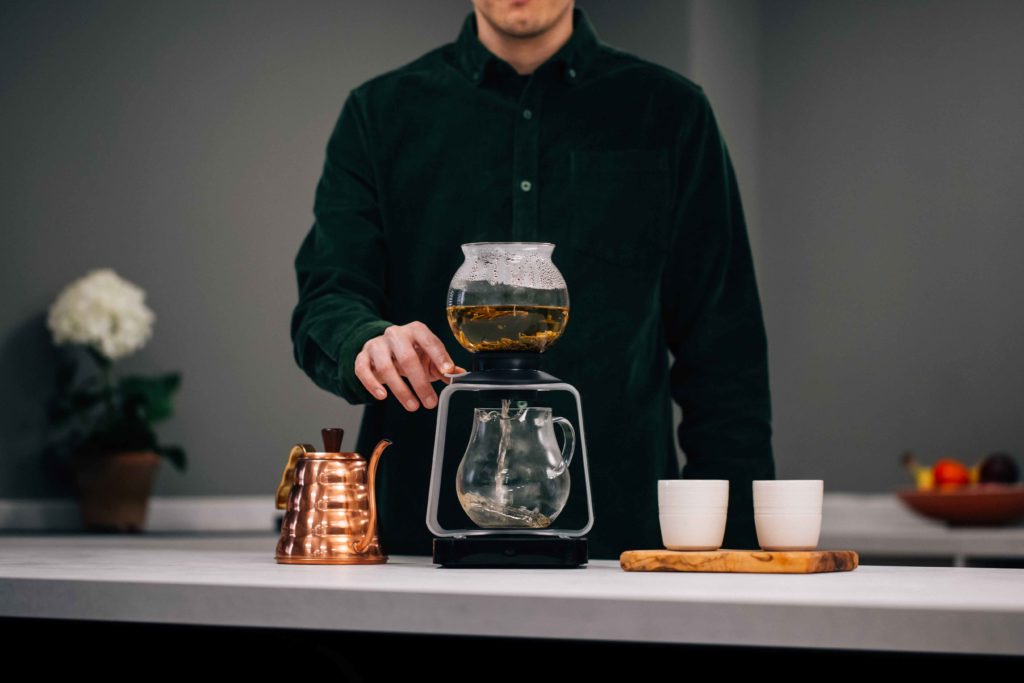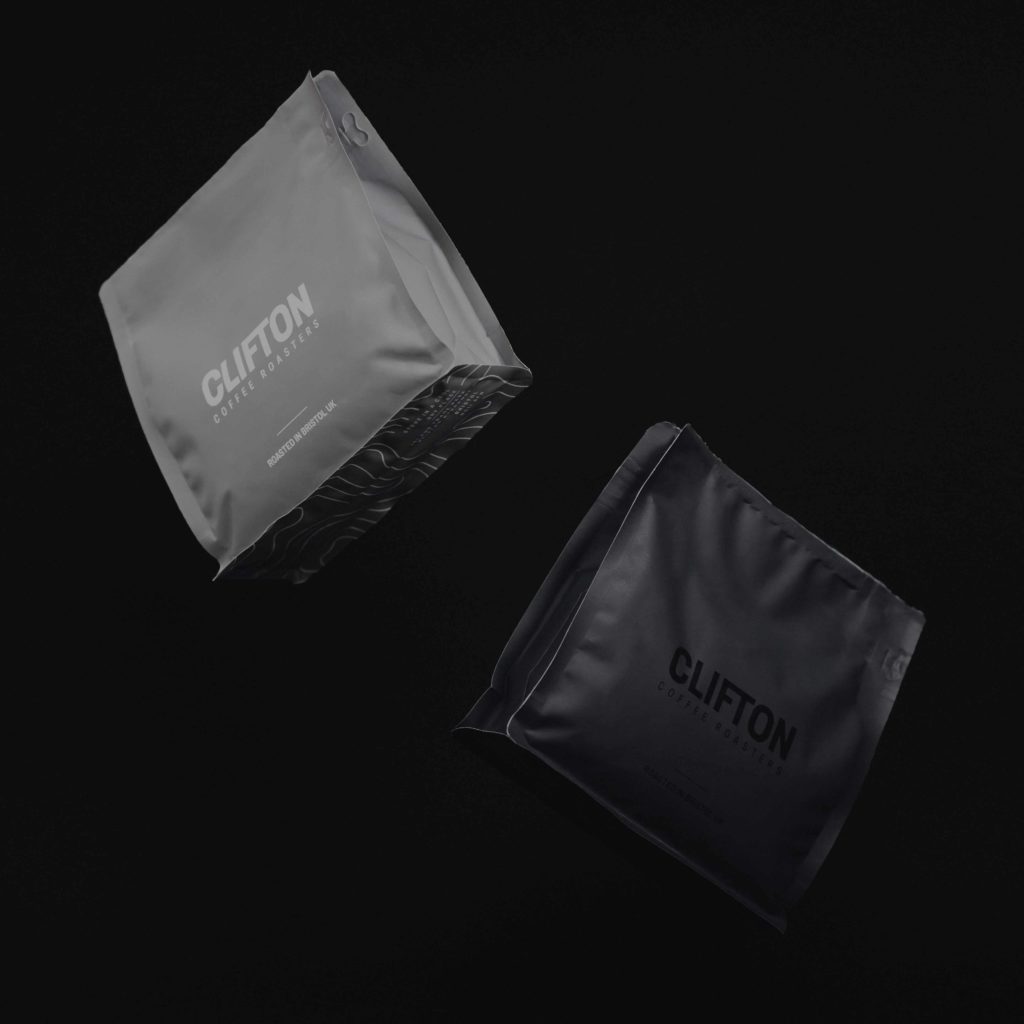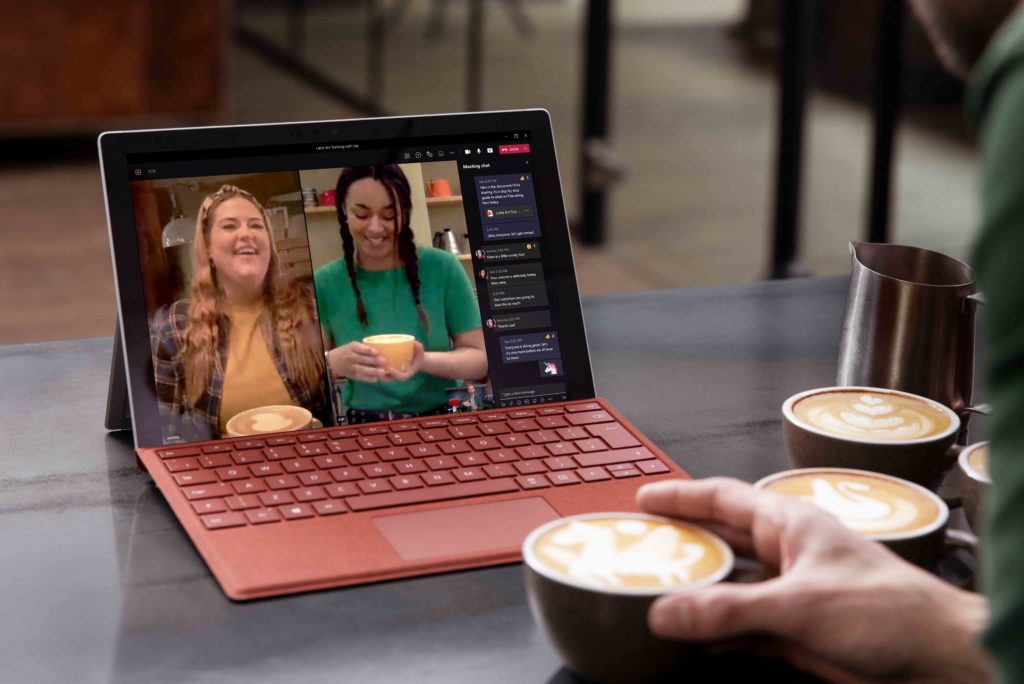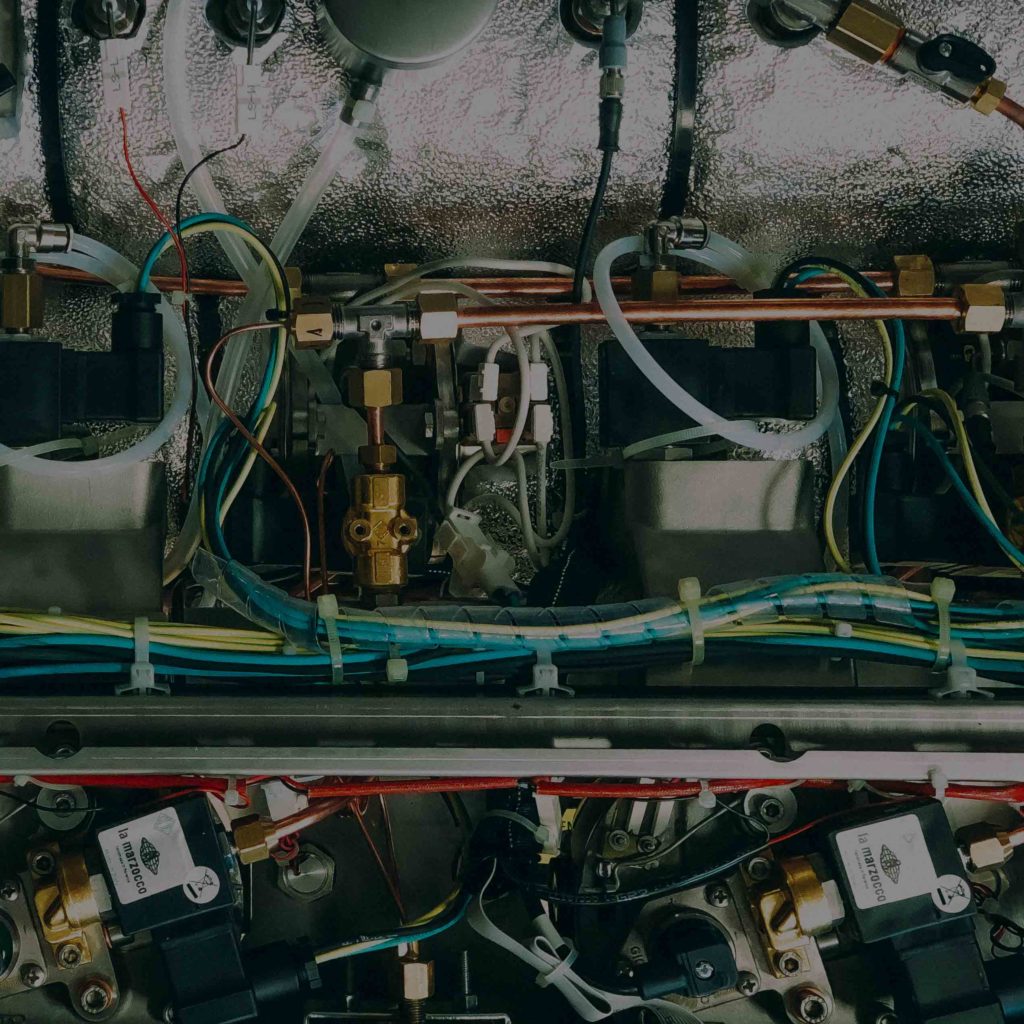*This post contains images that some may find upsetting, please proceed with caution*
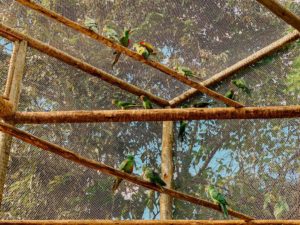
(Above: group of rescued White-eyed Parakeet)
It’s an unfortunate and little known fact that exotic birds make up the 3rd largest smuggling market in the world (after guns and drugs). This illegal market is worth around $20billion a year. Most of these birds are shipped in containers, hidden inside coffee cans, cages and cardboard boxes, with around a 1 in 10 survival rate to end destination.
Many of these birds are smuggled from Brazil, with 171 avian species currently threatened, the highest in the world.
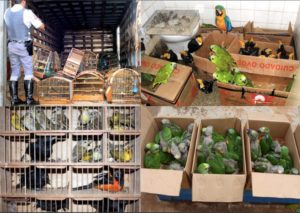
(Above: Images of bird smuggling in Brazil)
We are proudly working to support our partners at Fazenda Pinhal, with help from two Brazilian government agencies (IEF: State Forest Institute & IBAMA: Brazilian Institute of Environment and Renewable Resources), on a project called ASAS.
ASAS is an abbreviation for ‘Área de Soltura de Animais Silvestres’ or Wild Animals Release Area in English and translates directly to WINGS. The goal of the project is simple; to rehabilitate birds seized at the port of Santos and release them back into the wild.
The State Forest Institute has identified 172 species of birds at Fazenda Pinhal and done full censuses to understand the populations on the farm and how much more can be supported. The seized birds are taken first to screening centres where they are quarantined and clinical examinations are performed. Once determined ready they are sent to Fazenda Pinhal where they are rehabilitated in their aviaries before being released back into the farm.
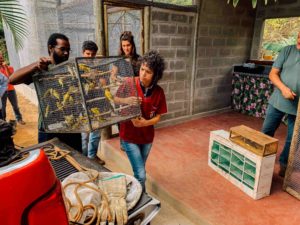 (Above: The WINGS community in-action)
(Above: The WINGS community in-action)
This year we have paid a premium to Pedro Gabarra and Fazenda Pinhal to support two, two-year graduate theses based on the project, one to determine the effectiveness of the integration of the released birds (focusing on the Green – Winged Salator as a case study), and one to study the effect of providing nesting habitat on the birds reproductive cycles.
We believe that good coffee must be good in all aspects, and we are very proud to work with partners who share the same ethos and vision for a more sustainable approach to agriculture.



